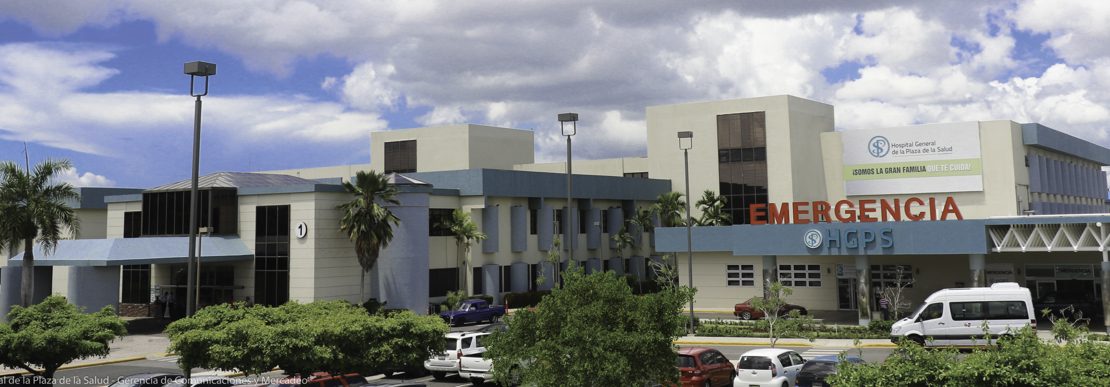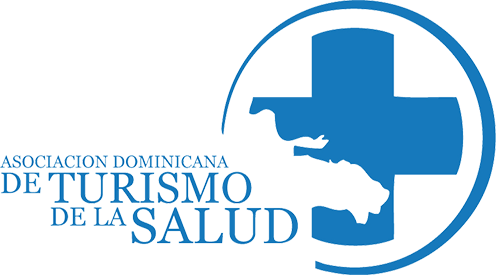- 11 de September de 2013
- Posted by: adtusalud-admin
- Category: News

Health tourism is a global phenomenon that represents more than 60 billion dollars in annual sales, estimating an annual growth of 30% and generating 2.5% of total air travel.
According to the Medical Tourism Association (MTA), health tourism, which includes medical, dental and wellness services, is an activity that has taken great relevance in the last ten years. The Dominican Republic has an advantageous position to capture a significant portion of this global economic activity.
Our country has great competitive advantages to venture into medical tourism. To mention just a few, we highlight the favorable geographical location that strategically places us in an easily accessible point (proximity to markets identified as potential, such as the North American, Canadian and Caribbean islands) and the low costs of services and supplies in the country.
Likewise, we have significant logistical advantages, such as international airports with excess capacity, multiple air connections, availability of hotel rooms of very high quality, good road, and satellite communication, and currency with attractive convertibility to the foreign currency.
The target market (countries with a high level of potential interest in our health tourism services), is given by the growing demand in this type of health services by US citizens who have seen in their internal offers important limitations and exclusions of coverage, either for the high and rising prices of servers not affiliated with insurance coverage, or for the exclusion of many conditions, procedures and treatments, previously duly covered in great proportionality by insurance companies.
In addition, many Caribbean islands do not have tertiary care services, such as intensive care, cardiovascular treatments and state-of-the-art technology that allows the diagnosis and timely treatment of many conditions.
A good alternative. The recent reform of the North American health sector, the increase in the cost of medical and dental services, and the long waiting lists to receive health care in that country, are just some of the triggers that have contributed to patients seeking second alternatives more competitive in quality and price for health care and medical treatments in general. Some employers, such as Blue Ridge Paper, offer incentives for their employees to perform major medical procedures outside the US; Insurers such as Blue Shield have health insurance with economic premiums that stimulate medical tourism, and laws in Colorado and Virginia stipulate incentives for state employees who opt for medical treatments abroad.
In order to take advantage of the opportunity to develop health tourism in the Dominican Republic, as a business niche, generator of jobs and foreign exchange, a key factor in raising the quality and safety of health services in the country and preventing brain drain and how element to strengthen the country brand globally, it is essential that we have the legal framework that guarantees the offer of medical services attached to the best practices and high standards of quality and biosafety, stimulates investments of local and international private capital and the creation of incentives for the development of the health tourism sector, and be the platform that favors the advancement of scientific innovation and research in this sector.
The Dominican Association of Health Tourism (ADTS) works for the creation of public-private strategic alliances and synergies, between health and wellness centers, hotels, health risk managers, health sector professionals, and institutions such as the Ministry of Tourism, Ministry of Public Health, National Competitiveness Council, Dominican Medical College, American Chamber of Commerce, embassies and private sector in general, facilitating the collection, access, transfer, treatment, stay and recovery of health tourists in the Dominican Republic .
It will be necessary to conduct a RD health tourism guide and a campaign aimed at the promotion of local medical, dental and welfare services, which have the characteristics and guarantees to provide this type of services to the demanding global market, underperformance criteria of international health services, medical protocols and certifications that guarantee first-order services in order to compete in the international market.
Great prestige. Health centers such as the General Hospital of the Plaza de la Salud (HGPS), CEDIMAT, Hospital Metropolitano de Santiago (HOMS), among others, which are in the process of being accredited by the Joint Commission International, have important memberships and strategic alliances international, quality committees and international departments responsible for assigning patients a hospitality and care services coordinator, financial and logistical support services, translators, medical documentation, informed consent and health professionals who speak the patient’s language, teleconference capacity, medical protocols and services in general with international standards.
These health centers are recognized at the regional level for some of their respective achievements, including:
- HGPS is a pioneer in heart, spinal and corneal transplants, as well as liver and kidney cadaveric transplants, executive preventive evaluations, minimally invasive surgery and treatments in its modern oncology unit.
- CEDIMAT is at the forefront of weight loss surgery, cardiovascular procedures, and invasive radiology.
- HOMS is emerging as a regional reference center and has great infrastructure and cutting-edge technology.
- In addition, there are advanced medical centers in the country such as BIOLOGIQUE, which provide orthomolecular medicine, anti-aging and comprehensive wellness services with the highest standards of quality and biosafety.



